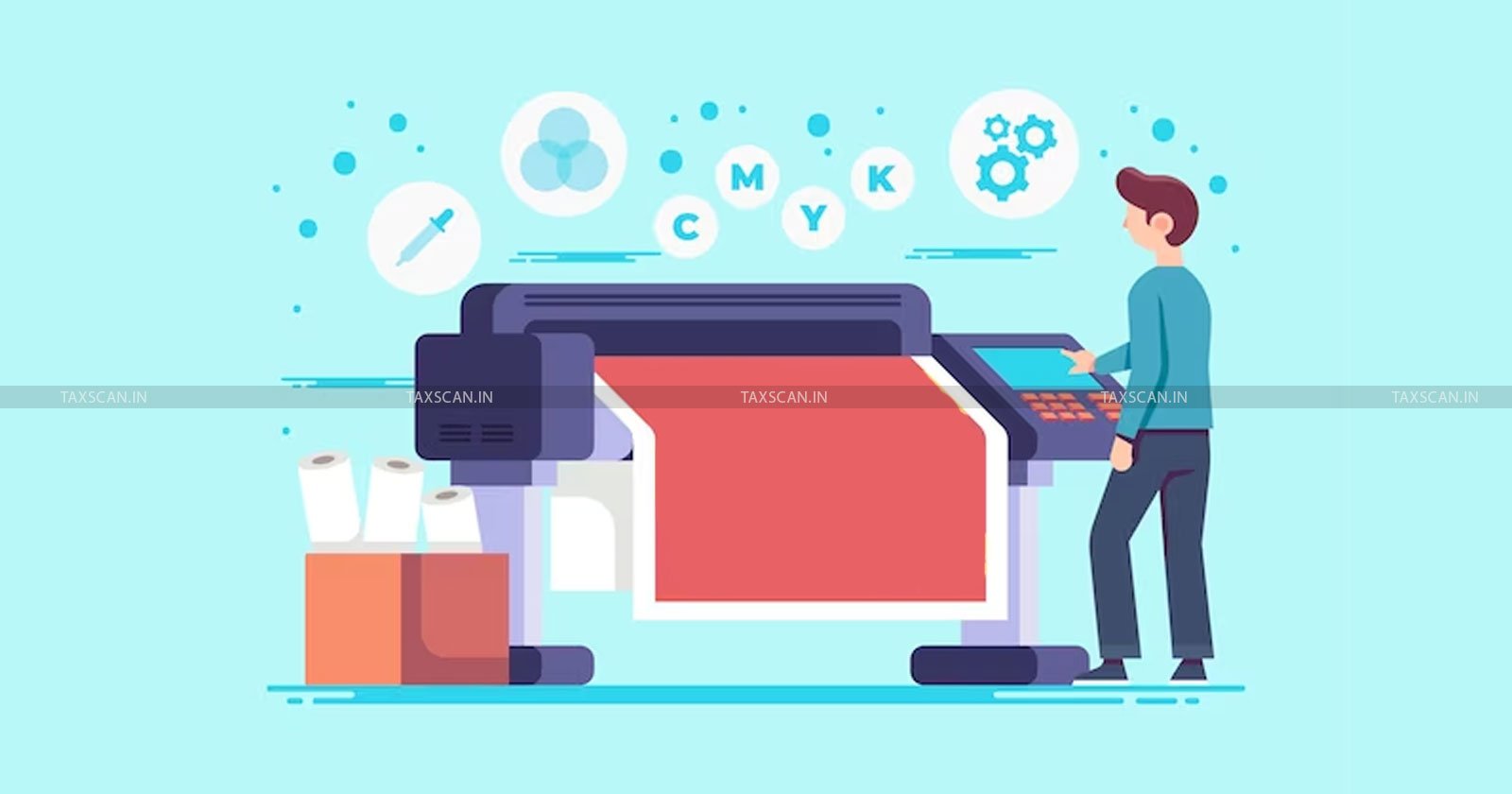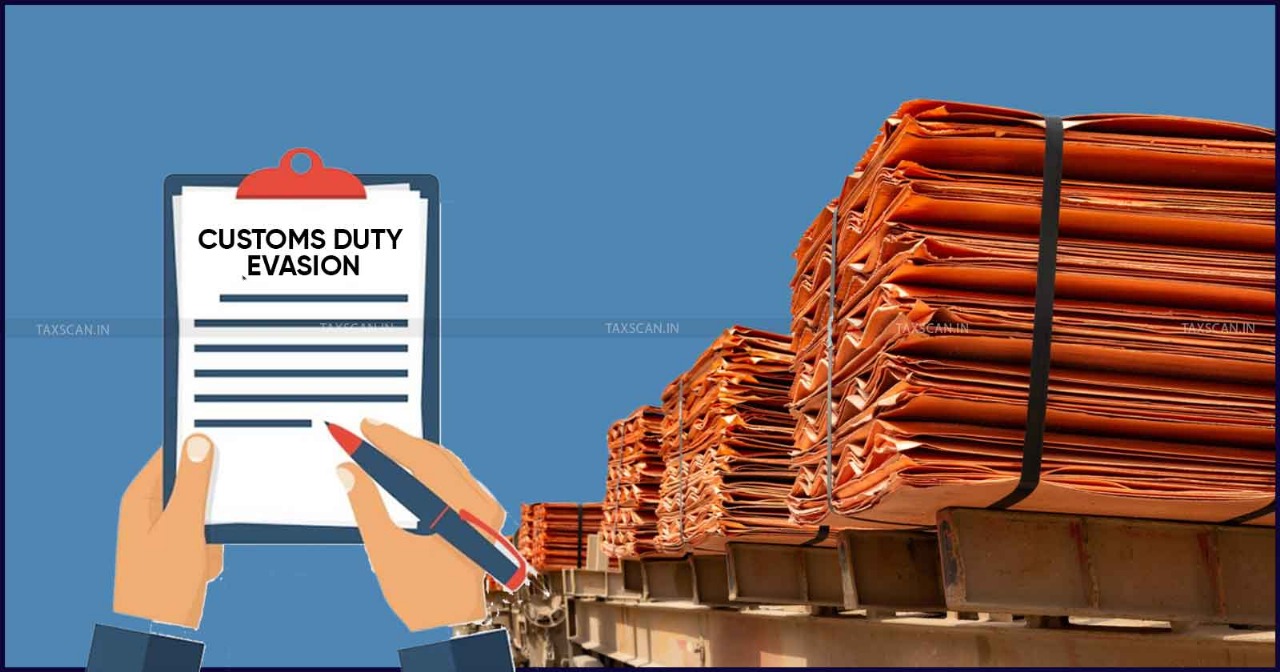CENVAT Credit Allowed on Dealer-Issued Invoices: CESTAT Clarifies Importer Registration Not Mandatory [Read Order]
CESTAT allows Dow Chemical to claim CENVAT credit on dealer-issued invoices, ruling that separate importer registration is not mandatory.
![CENVAT Credit Allowed on Dealer-Issued Invoices: CESTAT Clarifies Importer Registration Not Mandatory [Read Order] CENVAT Credit Allowed on Dealer-Issued Invoices: CESTAT Clarifies Importer Registration Not Mandatory [Read Order]](https://images.taxscan.in/h-upload/2025/06/14/2044281-cenvat-credit-taxscan.webp)
In a recent decision, the Chennai bench of the Customs, Excise and Service Tax Appellate Tribunal (CESTAT) allowed the appellant to avail CENVAT credit based on invoices issued by its Raigad unit, which was registered only as a dealer and not separately as an importer.
Dow Chemical International Pvt. Ltd., a manufacturer of Styrene and Acrylic Polymers, filed an appeal against a tax demand of Rs. 6.87 crores issued by the Commissioner of GST and Central Excise, Chennai.
Want a deeper insight into the Income Tax Bill, 2025? Click here
The department argued that after a 2014 amendment to Rule 9 of the Central Excise Rules, 2002, any importer issuing invoices for credit must obtain a separate importer registration. Since the company’s Raigad unit did not have this registration and was only registered as a dealer, the department denied the credit and invoked the extended limitation period.
 Also Read:CESTAT Rules Service Tax Payable on Printing Charge: Exemption Under S.No. 30 of Notification 25/2012-ST Not Applicable [Read Order]
Also Read:CESTAT Rules Service Tax Payable on Printing Charge: Exemption Under S.No. 30 of Notification 25/2012-ST Not Applicable [Read Order]
How to Audit Public Charitable Trusts under the Income Tax Act Click Here
The appellant’s counsel argued that Rule 9 required registration either as a dealer or importer, not both. They stated that the Raigad unit was a registered dealer and was authorized to issue invoices for imported goods. They relied on Notification No. 30/2016 and a CBEC Circular dated 28.06.2016, both of which clarified that a person acting as both importer and dealer did not need two separate registrations. The counsel also pointed out that this position had been upheld in earlier decisions and in the company’s own past cases for other periods.
The department’s counsel stated the view that dual registration was necessary and stated that the clarificatory circular could not apply to past periods. They supported their position by referring to a Supreme Court decision on the prospective effect of departmental circulars.
 Also Read:Massive Crackdown: Over 1,000 Copper Importers Receive Notices Over Alleged Customs Duty Evasion Under ASEAN Trade Pact
Also Read:Massive Crackdown: Over 1,000 Copper Importers Receive Notices Over Alleged Customs Duty Evasion Under ASEAN Trade Pact
The two-member bench comprising Ajayan T.V. (Judicial Member) and Vasa Seshagiri Rao (Technical Member) observed that Rule 9 did not require a person already registered as a dealer to obtain a second registration as an importer. The tribunal stated that the notification and circular issued in 2016 were meant to remove confusion and should apply retrospectively.
It further observed that the invoices in question were valid under Rule 11, and the credit could not be denied when the goods were duty-paid, received, and used in the manufacturing process. The tribunal allowed the appeal, set aside the demand in full, and granted consequential relief. It emphasized that unnecessary litigation could be avoided if authorities respected legal precedents and departmental clarifications.
Support our journalism by subscribing to Taxscanpremium. Follow us on Telegram for quick updates


